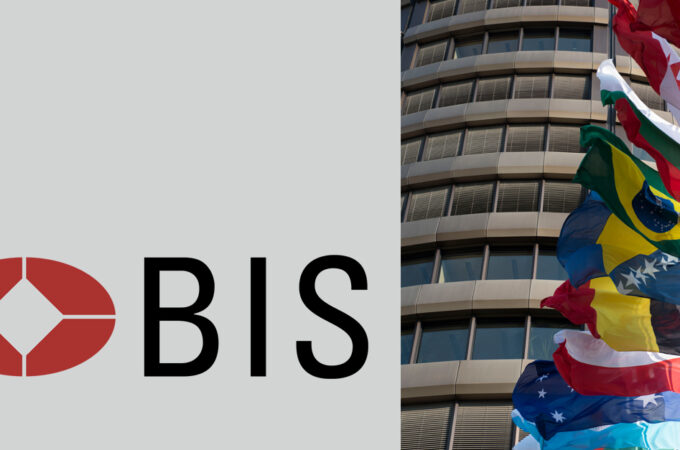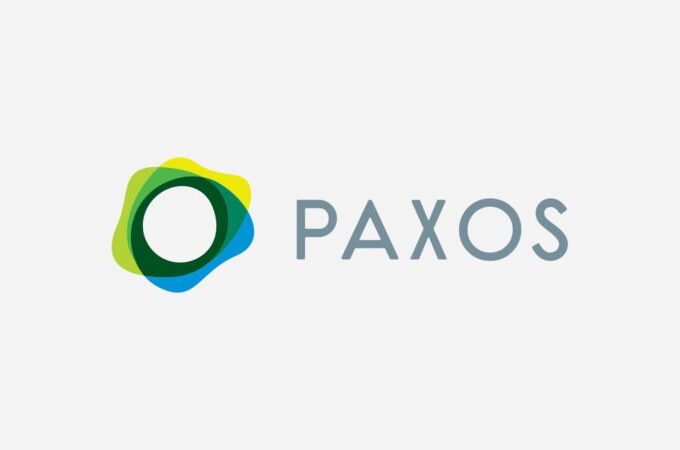
SEC Sues Consensys Over MetaMask Staking and Swaps Services
The U.S. Securities and Exchange Commission (SEC) has filed a lawsuit against Ethereum software provider Consensys, alleging that the company’s popular MetaMask wallet service violated federal securities laws. The suit, filed on Friday in the U.S. District Court for the Eastern District of New York, marks another significant move in the SEC’s ongoing crackdown on the cryptocurrency industry.
At the heart of the SEC’s complaint are two key MetaMask features: its Swaps service and its Staking service. The regulator alleges that Consensys has been operating as an unregistered broker through MetaMask Swaps since at least October 2020, facilitating transactions in crypto assets that the SEC considers securities. These include tokens such as MATIC, MANA, CHZ, SAND, and LUNA.
Additionally, the SEC claims that since January 2023, Consensys has engaged in the unregistered offer and sale of securities through its MetaMask Staking service. The complaint specifically targets Consensys’s partnerships with liquid staking providers Lido and Rocket Pool, arguing that their stETH and rETH tokens constitute unregistered securities.
Gurbir S. Grewal, Director of the SEC’s Division of Enforcement, stated, “By allegedly collecting hundreds of millions of dollars in fees as an unregistered broker and engaging in the unregistered offer and sale of tens of thousands of securities, Consensys inserted itself squarely into the U.S. securities markets while depriving investors of the protections afforded by the federal securities laws.”
The SEC is seeking injunctive relief, civil penalties, and other equitable remedies against Consensys. According to the complaint, the company has collected over $250 million in fees through its alleged unregistered broker activities.
Consensys, for its part, appears to have anticipated this move. The company had previously sued the SEC in April, challenging potential attempts to classify Ether and related staking services as securities. In response to Friday’s lawsuit, a Consensys representative stated, “We fully expected the SEC to follow through on its threat to claim our MetaMask software interface must register as a securities broker.”
The company maintains that the SEC lacks the authority to regulate software interfaces like MetaMask and has vowed to “vigorously pursue” its case against the regulator in Texas. Consensys characterized the SEC’s action as part of an “anti-crypto agenda led by ad hoc enforcement action” and a “transparent attempt to redefine well-established legal standards and expand the SEC’s jurisdiction via lawsuit.”
This latest enforcement action comes amid a broader regulatory crackdown on the crypto industry, with the SEC having previously targeted other major players such as Kraken and Coinbase over their staking services. The outcome of this case could have significant implications for the future of decentralized finance (DeFi) services and the regulatory landscape for crypto in the United States.





